The Social Security Administration (SSA) is wrapping up its June payment cycle with the final deposit scheduled for June 25th. This disbursement is for beneficiaries born between the 21st and 31st of the month.
After this, the SSA will restart the payment cycle in July. Here’s an overview of what to expect for upcoming payments and other important updates related to Social Security.
June Payments Complete: The Final Disbursement
The SSA’s final June payment will be made on June 25th. This payment covers beneficiaries whose birthdays fall between June 21st and 31st. Once this disbursement is made, the monthly payment schedule for June 2025 will be complete. Payments for July will follow the usual pattern, with no expected changes to the schedule.
Social Security Benefits After the 2025 COLA Adjustment
One of the key updates for Social Security recipients in 2025 is the Cost-of-Living Adjustment (COLA). A 2.5% increase has been applied to all benefits since January 2025. This increase is designed to help maintain the purchasing power of Social Security payments, as inflation rises.
With this COLA adjustment, maximum monthly benefits have reached new historic levels:
At age 62 (early retirement): The maximum monthly benefit is $2,831.
At age 67 (full retirement age for those born in 1960 or later): The maximum amount is $4,018.
At age 70 (delayed retirement): The highest amount reaches $5,108 per month.
To qualify for the maximum benefit, three strict conditions must be met:
The beneficiary must have worked for at least 35 years.
The beneficiary’s annual income must meet or exceed the maximum taxable income, which for 2025 is set at $176,100.
There must be no years of low or no income within those 35 years, and benefits must be claimed after age 70 to receive the maximum increase of 8% per year.
What to Expect in July 2025: Social Security Payment Schedule
With the June payment cycle coming to an end, the SSA is preparing for July. The July payment schedule will follow the usual pattern:
July 1: Supplemental Security Income (SSI) payments.
July 3: Payments for those who claimed benefits before May 1997, those living abroad, or those receiving both Social Security and SSI.
July 9: Beneficiaries born between the 1st and 10th of the month (who claimed benefits after May 1997).
July 16: Beneficiaries born between the 11th and 20th.
July 23: Beneficiaries born between the 21st and 31st.
If a payment is not received by the expected date, it’s recommended to wait three business days, as bank or postal delays can sometimes occur. If the payment still hasn’t arrived after this period, you should contact the SSA at 1-800-772-1213, available during business hours in your local time zone.
A Big Change Coming in September: End of Paper Checks
A significant change is coming for Social Security recipients who still receive their payments by paper check. Starting September 30, 2025, the SSA will no longer issue paper checks for federal benefits. This includes payments for Social Security, Supplemental Security Income (SSI), and Disability Insurance (SSDI).
This change will impact approximately 456,000 beneficiaries, or about 0.7% of the 68 million Social Security recipients in the U.S. Many of those affected are older adults, people living in rural areas, or those with disabilities. It also includes individuals who don’t have easy access to a bank account or struggle with digital platforms.
The decision to move away from paper checks is based on increased risks during the pandemic, such as higher instances of mail theft and check fraud. Treasury checks are “16 times more likely to be reported lost or stolen” than electronic payments, according to the White House.
Choosing an Electronic Payment Method
To accommodate this change, all affected beneficiaries must choose one of the authorized electronic methods to receive their payments. Available options include:
Direct deposit into a bank or credit union account.
Prepaid government debit cards (Direct Express).
Digital wallets or other real-time payment systems.
Beneficiaries who are impacted by this change should make arrangements soon to ensure they can continue receiving their benefits without disruption.

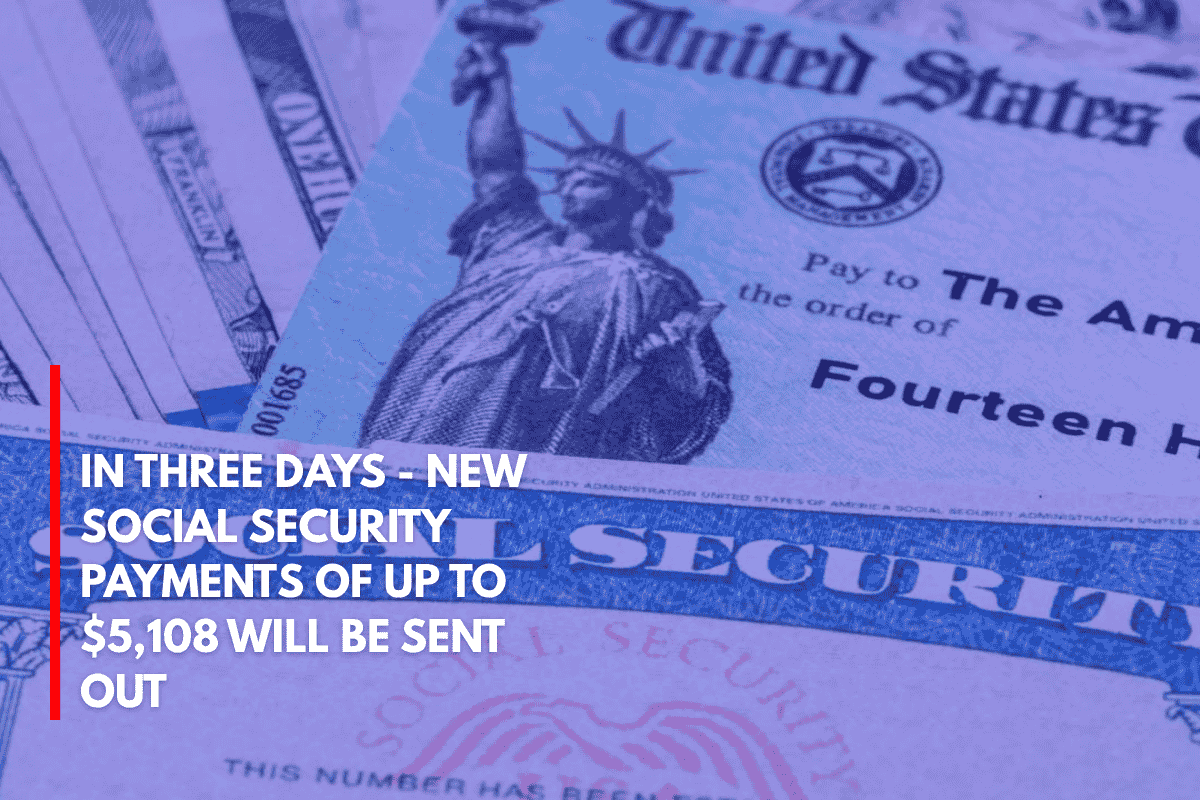
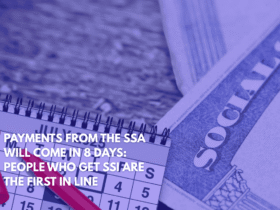




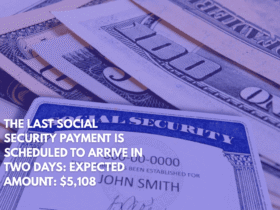
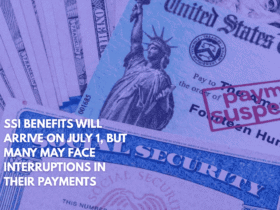
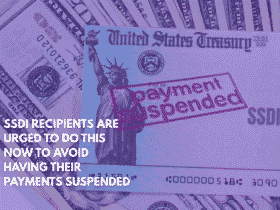
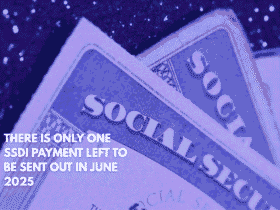
Leave a Reply